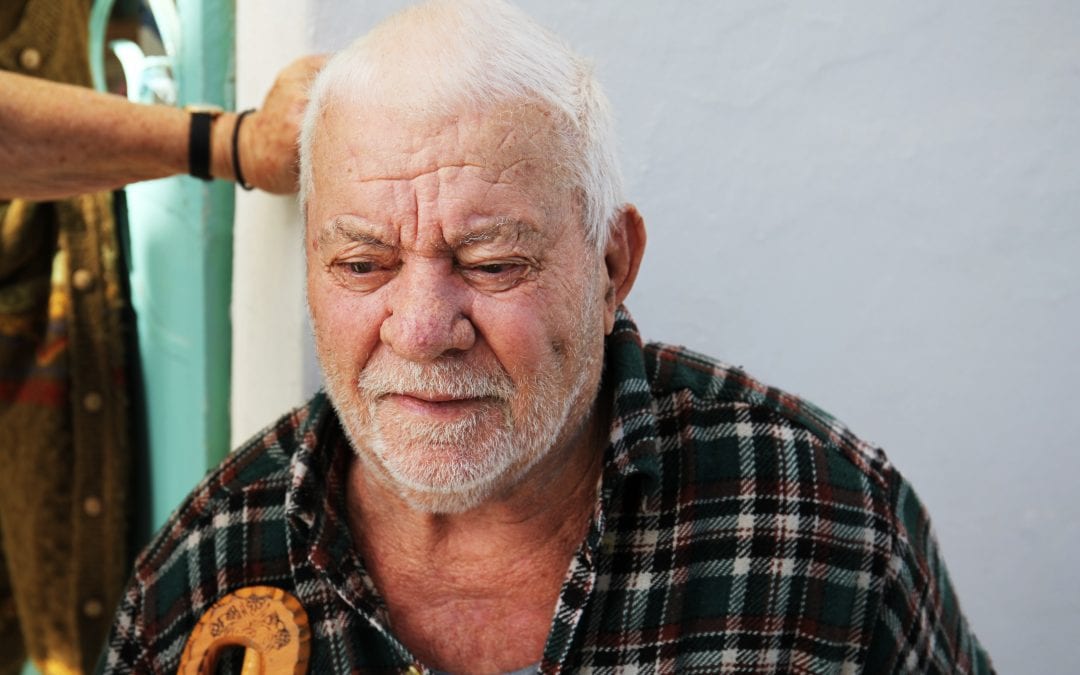A stroke is a very serious medical issue, where normal blood-flow is cut off from the brain. About 800,000 Americans suffer from a stroke each year; and not everyone survives. There are 7 million stroke survivors living in the US; but most people do not fully recover. Strokes can affect different people in different ways, but the most common effects of a stroke can make it difficult for a survivor to function fully physically, mentally, emotionally, or communicatively. Over 70% of all stroke survivors have to receive some sort of therapy during their recovery.
Physical Challenges
Physical complications can arise as part of restricted blood-flow from a stroke. This can include difficulty walking, muscle weakness, trouble swallowing, poor balancing, fatigue, and drooping. After a stroke, drooping from a loss in control from one side of the body can cause more physical pain to manifest later on. Fatigue can be a real issue after a stroke, because it can often prevent a stroke victim from effectively working through physical therapy or even caring for themselves.
Emotional Capacity
Strokes can cause emotional complications in survivors, for a number of reasons. The effect of blood loss to the brain, and the strain of living with physical or communicative issues can take its toll on a person. Stroke survivors often develop depression, and anxiety. Some may suffer from PTSD after the stroke. Chronic episodes of laughing or crying can occur as well. It can be mentally and emotionally overwhelming to come to terms with the fact that your mind and body may not function as well as it used to after something so sudden as a stroke.
Communication
Slurred speech is a very common sign that a stroke is occurring, and it can also be a side effect of the stroke as well. Aphasia, a language disorder which impairs one’s ability to speak and/or understand others, can become an issue for a stroke victim. Speech therapy is commonly needed in order to try to deal with these issues. A stroke can also cause a loss in attention span, and can limit the cognitive ability of the survivor to interact socially with others. A stroke survivor might have problems communicating because they may have trouble controlling inappropriate behavior.
Everyday Tasks
Everyday tasks such as cooking, cleaning, personal hygiene, and more can become difficult for victims of a stroke. Medical costs for treatment and recovery can be hard to take on. A stroke may affect one’s ability to go to work, if the victim is not retired. Some survivors may feel overwhelmed by their decreased ability to be independent.
Recovery
Therapy and recovery after a stroke can be a steep hill to climb for many survivors. Improvement can be seen for at least a year, and sometimes longer. Recovery tends to plateau after a while, because of the physical damage to the brain. Many family caregivers are often risk their own livelihoods in order to focus on care for loved ones who suffer from a stroke. It is important to be able to take care of your own needs, as well as the needs of the stroke survivor. When families need help in caring for a stroke survivor, they often look towards hiring a home health aide or nurse, in order to ensure that their loved one is getting quality care. A home nurse or aide can help your loved one with their daily care and recovery.
Safe Harbor Healthcare Services does not provide medical or healthcare advice via articles. This material has been prepared for informational purposes only, and is not intended to provide, and should not be relied on for medical advice.
Safe Harbor Healthcare Services has been providing excellent home care on Staten Island since 1967. Our services help the elderly and disabled live safely and independently; while giving their families the peace of mind they need. For more information contact Safe Harbor at (718)-979-6900.

